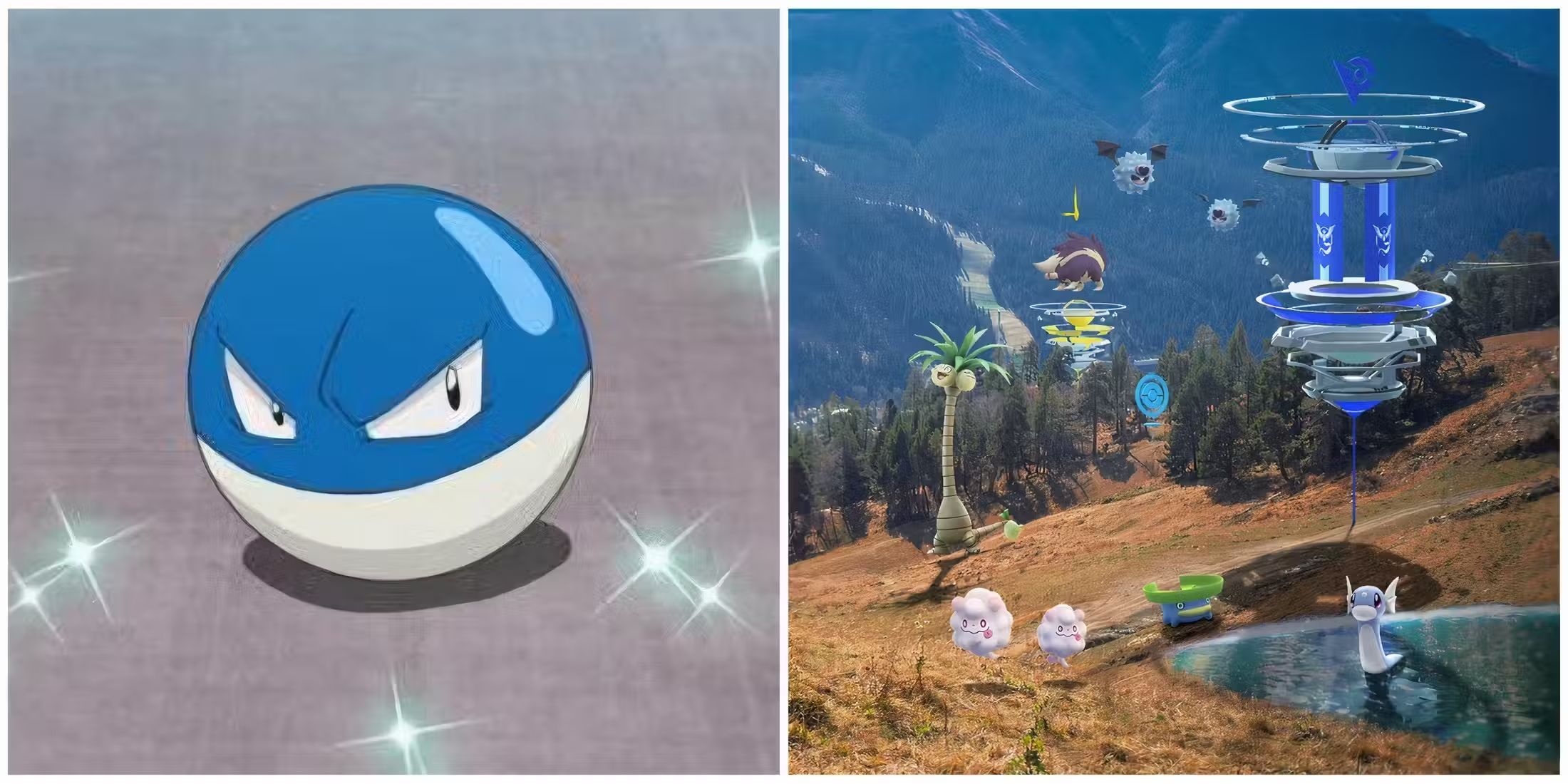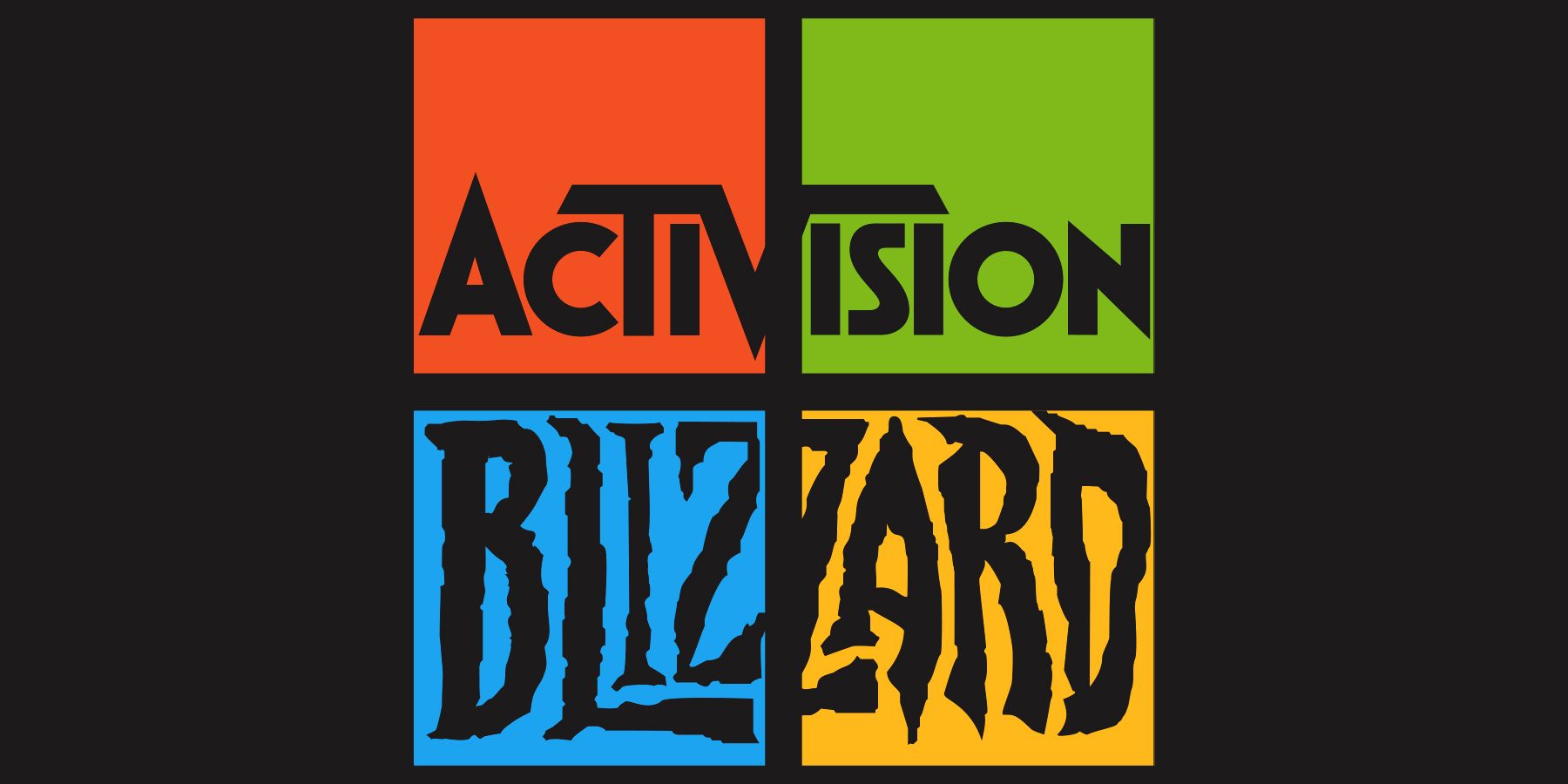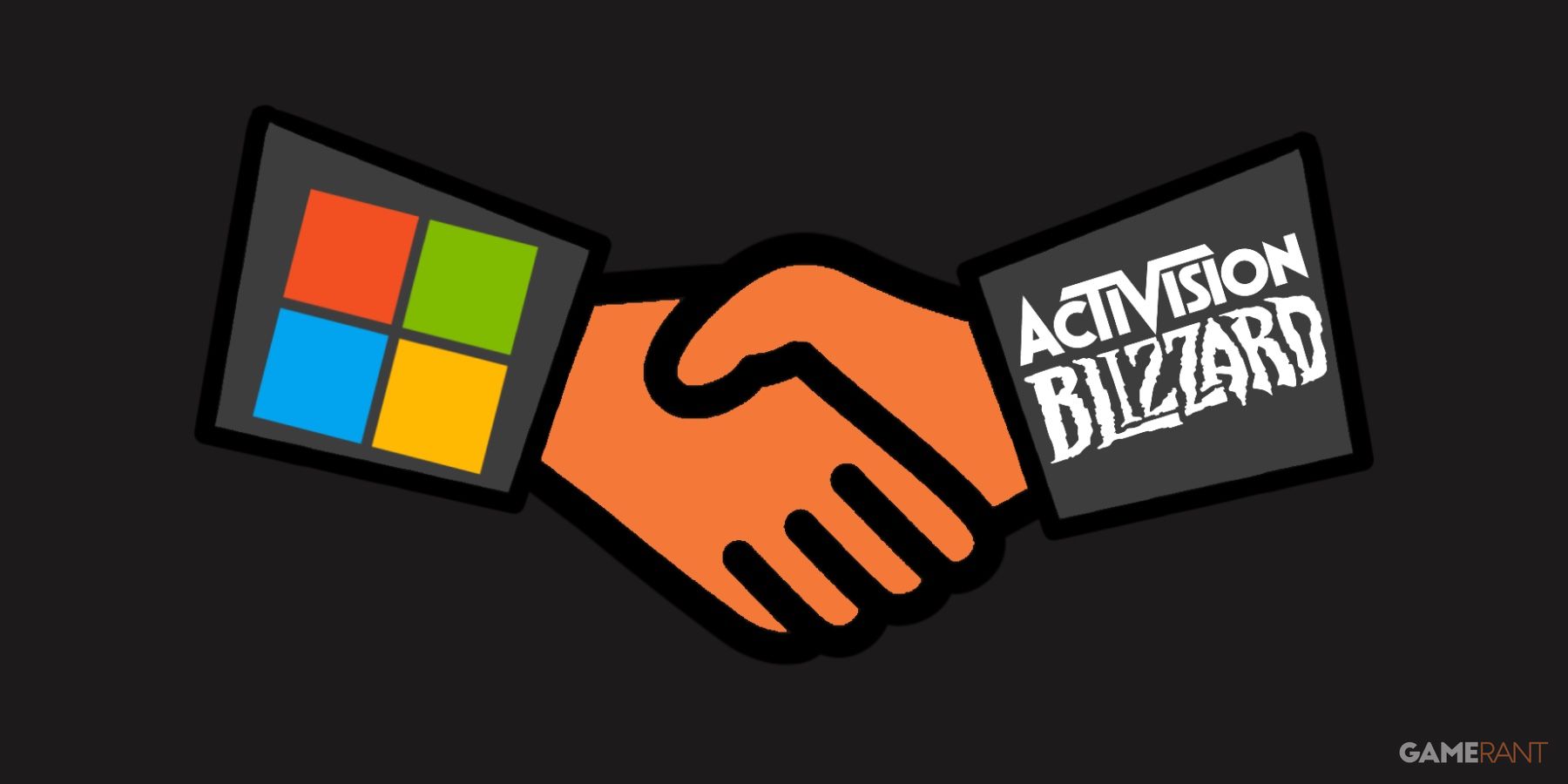The Japan Fair Trade Commission gave the go-ahead to Microsoft's proposed acquisition of Activision Blizzard King. The clearance, announced on March 28, is the fifth such regulatory approval of Microsoft's $69 billion deal to date.
Since announcing its intentions to add the Call of Duty maker to the Xbox family some 14 months back, Microsoft's Activision Blizzard acquisition has already been approved by Brazil, Serbia, and Chile—in that order—in late 2022. The first country to give the nod to the deal was Saudi Arabia, which did so last August.
The JFTC has now joined the fold of regulators who made no objections to the transaction, having said as much in its March 28 announcement. According to its brief, the agency determined that the consolidation would not meaningfully restrict competition in the affected industries, concluding that owning Activision Blizzard would not give Xbox too much power.
These findings stand in stark contrast to the pushback that the deal is currently facing in Microsoft and Activision Blizzard's home country, not least because many industry watchers were waiting to see if the JFTC would try to oppose the acquisition which would help Xbox rival some of Japan's largest companies in Sony and Nintendo. This lack of regulatory activism attempts from the Far Eastern country's antitrust watchdog implies there's no strong legal argument to be made against the acquisition, as Tokyo would have presumably been inclined to explore such options more than most.
While the U.S. obviously isn't governed by the same laws as Japan, their competition legislation is actually remarkably close, as both countries are members of the Organization for Economic Cooperation and Development (OECD) Council which has a clearly defined set of principles for judging anti-competitive behavior such as cartel price-fixing and other forms of monopoly abuse. The U.S. Sherman Act and Japan's Antimonopoly Act hence have a lot of overlap, with one key difference being that the former emphasizes eliminating economic incentives for antitrust transgressions, while Tokyo's legislation achieves deterrence through aggressive prosecution of all suspected violations, according to official remarks from the U.S. Department of Justice.
Ultimately, however, the manner in which the U.S. defines competition issues is fairly close to Japan's views on antitrust, which makes the FTC's December 2022 lawsuit seeking to block Microsoft's takeover of the World of Warcraft maker all the more unusual. That's a big part of the reason why some analysts now believe that Microsoft is likely to complete the Activision Blizzard acquisition as early as mid-2023, arguing that the FTC's pushback against the deal has no legal ground to stand on.





